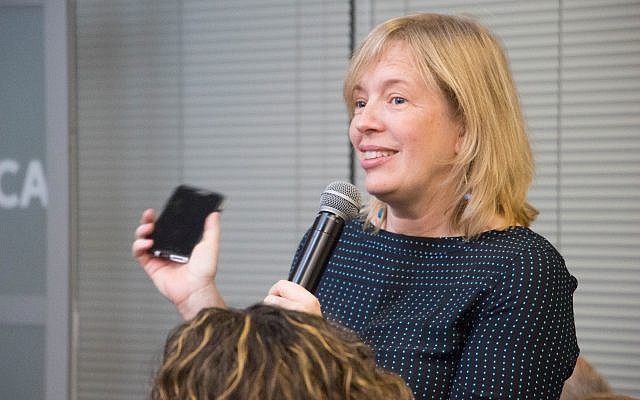Wrongful Conviction
Since its inception, the Georgia Innocence Project has received more than 7,100 requests for assistance from prisoners.
Walter Jospin last month became chairman of the Georgia Innocence Project, which helps free innocent prisoners, primarily using DNA testing and analysis.
A former director of the Atlanta regional office of the U.S. Securities and Exchange Commission, Jospin was a logical choice for the position.
“I have a history of working with social justice programs,” said Jospin, a lawyer with Finch McCranie. He was a past chairman of the regional office of the Anti-Defamation League, the Atlanta Legal Aid Society, the Georgia Legal Services Program and the Zaban Paradies Center for homeless couples. Jospin also served as general counsel and co-chair of major gifts for the Jewish Federation of Greater Atlanta.

“Walter is going to be a strong leader,” says Clare Gilbert, executive director of GIP, which also includes Alabama. “He will ramp up fundraising and he wants to triple the size of our budget.”
Explaining his willingness to take on the new responsibility, Jospin says the GIP is a “worthy organization. I’m aware of the outrageous stories of usually low-income minorities who are sentenced to life for offenses they didn’t commit because of a confluence of issues such as misconduct by the prosecutors, racism or not having enough money to pay lawyers.”
The GIP’s mission is not only to free innocent prisoners, but also to educate the public about wrongful convictions, prevent others from sharing the same fate and connect exonerated people with resources to help them rebuild their lives.

Perhaps not surprisingly, Jospin is not the only Jewish member of the GIP board. In fact, “all the board members are Jewish,” says Jospin, providing the list. That includes his wife, Senior Judge Wendy Shoob, Julie Seaman, David Balser, David Sarnat, Robert Sheft, Mark Hackner and Garrett Van de Grift.
One of Jospin’s goals, however, is to increase the size – and diversity – of the board. He also wants to establish more relationships with law firms in Georgia and Alabama that will take on pro bono cases. He points to the example of King & Spalding, which took on the case of State vs. Dennis Perry, in which a white man in Brunswick, Ga., was accused of murdering a black woman. “The poor guy was in prison for 15 years for a crime he did not do. It was a terrible injustice. The judge (who convicted him) has since been removed from the bench for unethical conduct.”
According to Jospin, the GIP is “not lacking for business. That’s why we need more lawyers to help us. These cases are time-consuming.” As it is, GIP supervises a number of law students as interns each semester, Gilbert said.
She provided statistics to back up Jospin’s point about the number of wrongfully convicted prisoners.
“Studies estimate that between 3 and 6 percent of men and women are innocent of crimes for which they are imprisoned,” she said. Since the prisoner population in Georgia is 54,860, with an additional 27,109 in Alabama, that means a minimum of 2,459 prisoners in those states are innocent, GIP reports. The most frequent factors leading to wrongful convictions, Gilbert said, include government misconduct, eyewitness misidentification, inadequate defense, incentivized informants, false confessions and flawed forensic science.
Since its inception, GIP has received more than 7,100 requests for assistance from prisoners, said Gilbert, who started as a volunteer in April 2015. “My first case got me hooked,” she recalled. “I’ve always kind of been driven by a sense of fairness. I feel I can have a voice and help people advocate for themselves. These cases are heart-breaking.”
Jospin credits the book, “Just Mercy: A Story of Justice and Redemption” by attorney Bryan Stevenson, for inspiring him to get involved in GIP. Stevenson is founder and director of the Equal Justice Initiative in Montgomery, Ala. EJI created The Legacy Museum, known for focusing on the history of lynching in the United States.
Oct. 2 was the fifth annual International Wrongful Conviction Day, which began as an effort of the Innocence Network, organizations providing pro bono legal and investigative services to people trying to prove their innocence of crimes for which they’ve been convicted. And, Saturday, Oct. 6, Emory University is holding an all-day conference entitled “Miscarriage of Justice: Examining Factors that Lead to Wrongful Convictions.”




comments